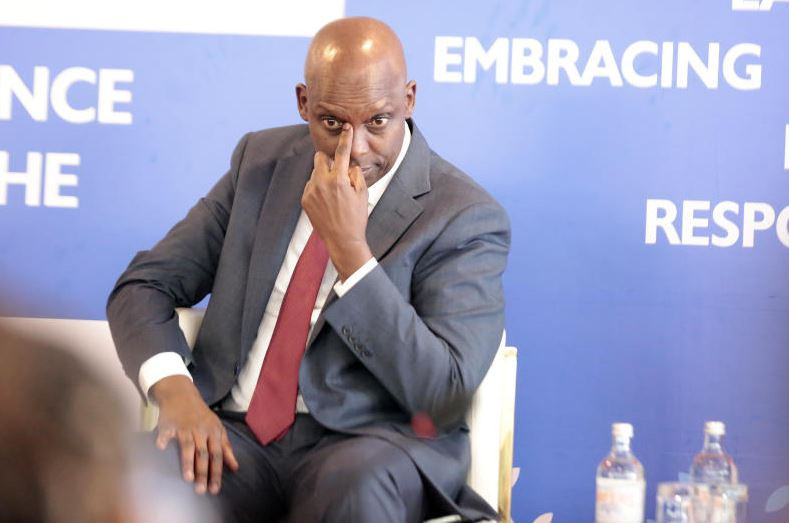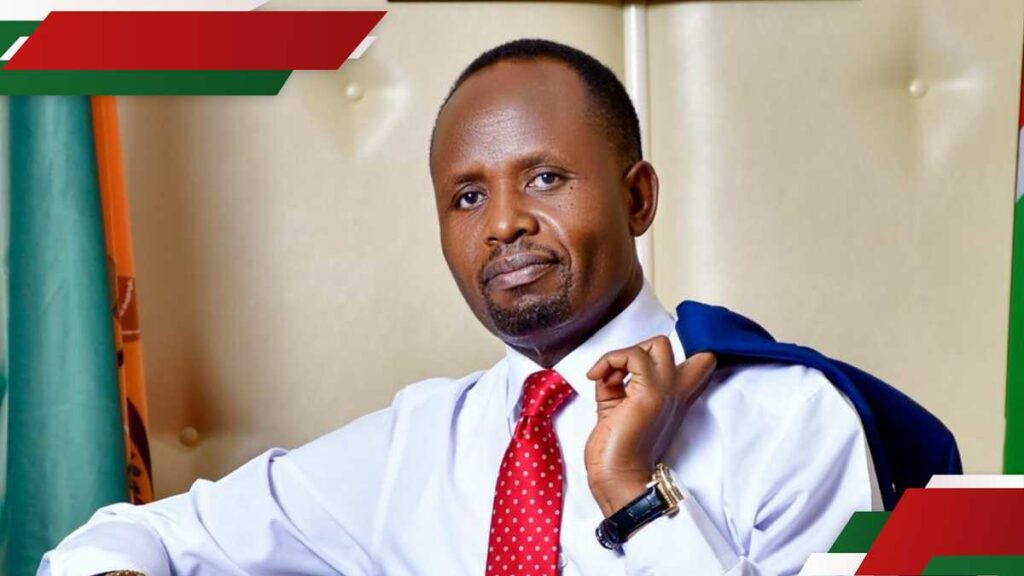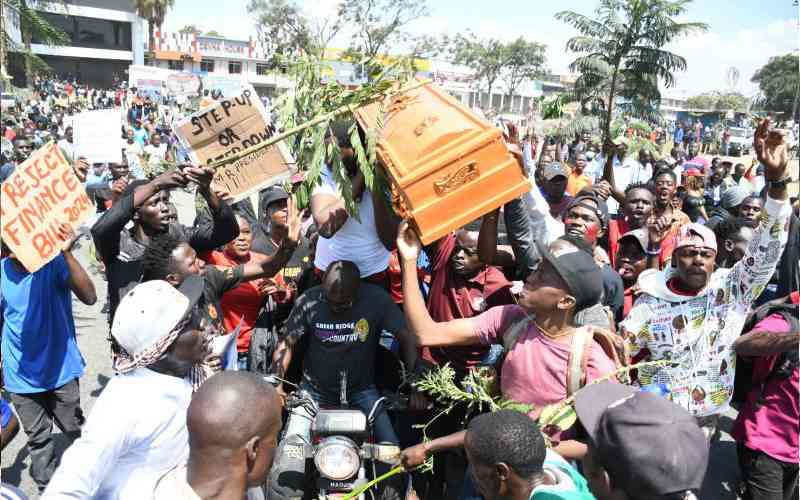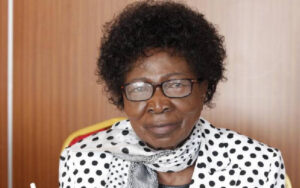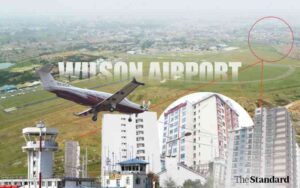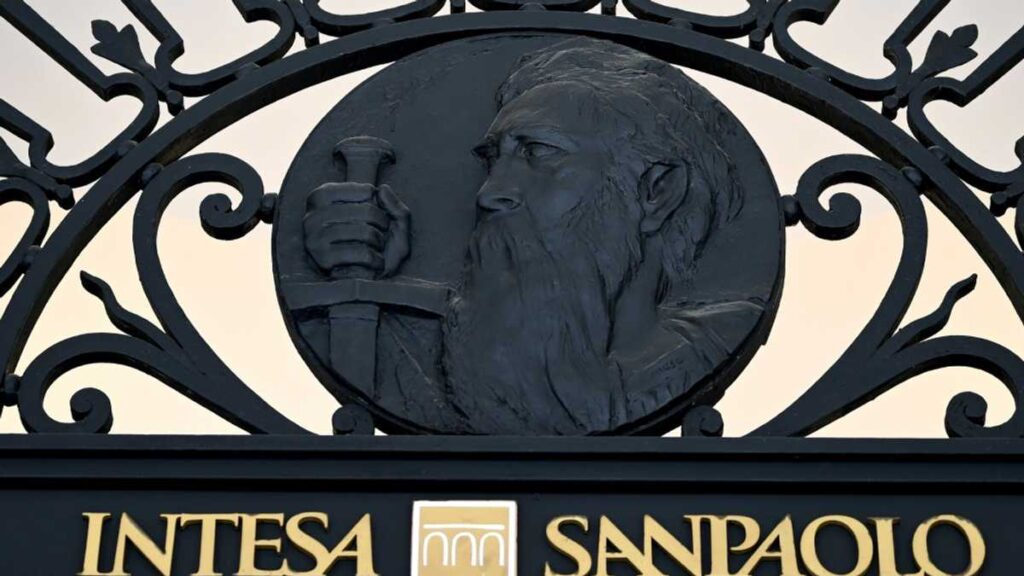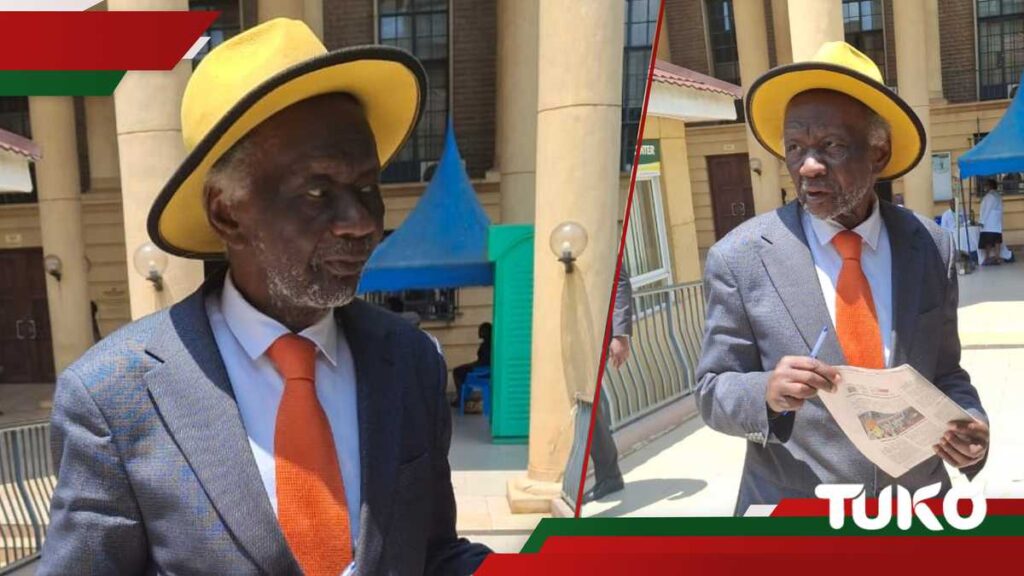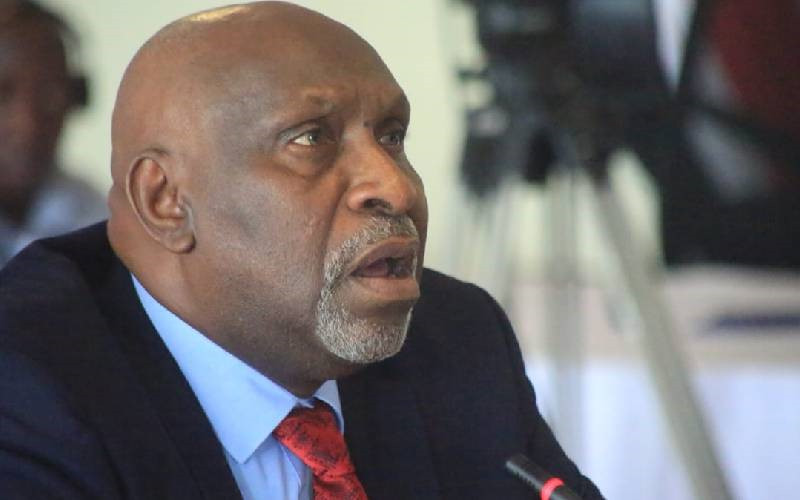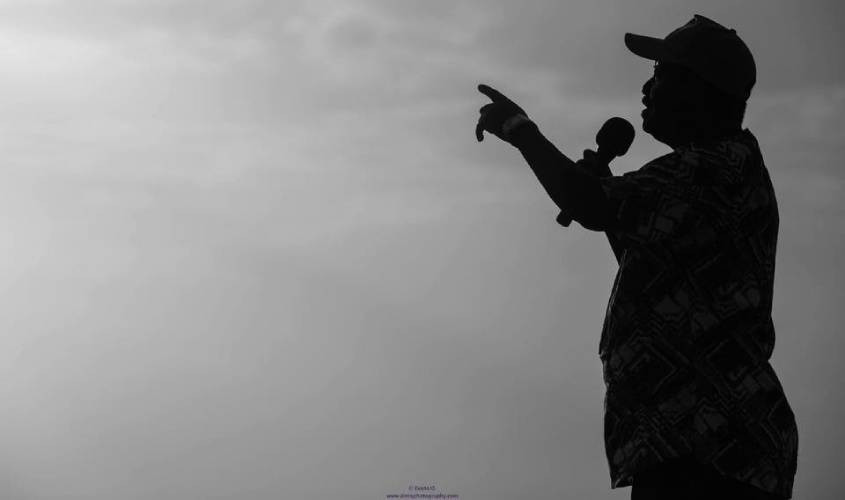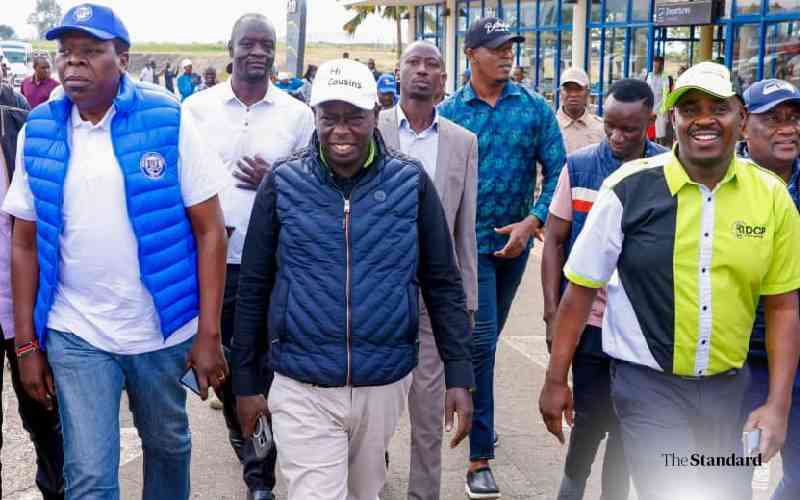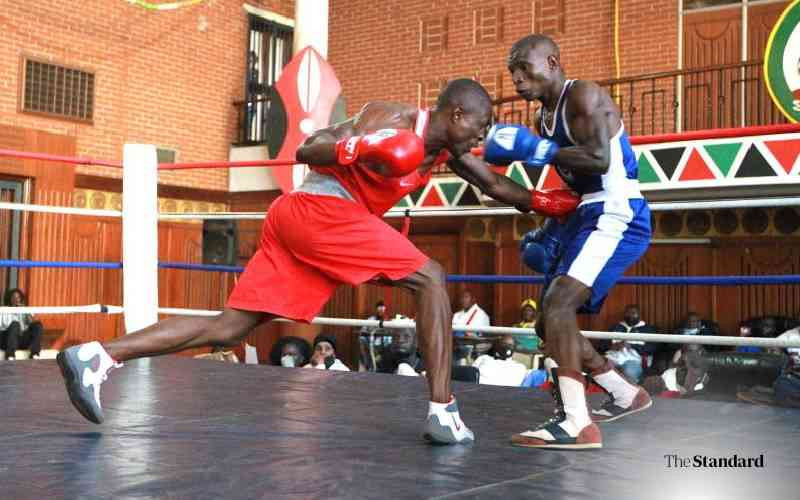A parliamentary committee has faulted the Communications Authority (CA) for switching off live broadcasts during the 25 June protest, saying it could have serious ramifications and could lead the country into anarchy.
Public Investment Committee on Social Services, Administration and Agriculture (PIC-SSAA) vice-chairperson, Saboti MP Caleb Amisi, led the members in questioning the CA on who gives them the power to switch off media and the point at which they decide this move should be taken.
Amisi said that switching off live streams could cause further speculation, tension and anarchy in the country, adding that such a scenario could cause problems during an election.
“Now, we are approaching a very volatile election. Kenyans are wondering, are we going to have a live streaming of electoral results, then all of a sudden, there is a switch-off? That is terrible. It can turn this country into total mess, anarchy. We do not have any other country to go to. I only know one—Kenya,” said Amisi.
The Committee demanded an explanation following the 25 June protests, which saw live-streaming of events switched off as Kenyans demonstrated—also guaranteed by the Constitution—to commemorate their compatriots who died last year in similar protests.
“It is incumbent upon us as Kenyans, any individual or institution, to do what is within the realm of the law to protect this nation to the core, including not being emotional, being careful of your actions, and following the law,” Amisi said.
“My question is, are we going to see you switching off the live streaming of elections the way you switched off the live streaming of protests—and who gave you that mandate?” Amisi asked.
CA Director General David Mugonyi had appeared before the committee to respond to queries raised in the Auditor General’s report for the Financial Year 2020/2021 to 2023/2024.
Mr Mugonyi said the articles of the Constitution which give media freedom, Articles 33 and 34, also have limitations to what the media can do, insisting that they abided by the court order which suspended the ban on live broadcasts.
“This matter being before court, I will not want to discuss anything further than that,” Mugonyi said.
But Amisi insisted that the CA’s action has ramifications, citing an incident where a police officer shot someone during a live broadcast.
“If that event was not broadcast live, the country would not have known who shot that young man. Kenyans would not have known who the looters were, had incidents where looters went into supermarkets not been broadcast,” the MP said, adding:
“We would not be arguing about who the looters are. We would have known those looters. So, the ramification of switching off suddenly has resulted in enormous deaths that cannot be explained. It has left us at the mercy of social media, which we do not know whether it is true or false,” Amisi stated.
The Committee chairperson, Navakholo MP Emmanuel Wangwe, however, urged the CA to take note of the separation of powers and appraise the committee on the matter.
Stay informed. Subscribe to our newsletter
“For the purpose of this sitting, you set the case in court so that you also go through the principles of separation of powers,” said Wangwe.
Wangwe said that what is not allowed is delving into the substance of the matter and urged CA to appraise the Committee with any general comment which does not interfere with the case.
Mugonyi said there were two matters: the first being a judicial review application by Katiba Institute and the Kenya Human Rights Commission against the Authority; and the other one at the High Court, which is a petition by the Law Society of Kenya (LSK) and Kenya Editors Guild against CA, still before judicial authorities for determination.
But Amisi said the principle of law is also guaranteed in the Constitution, noting that the committee should know the orders and subpoenas supplied by the court.
Mugonyi insisted that the Authority issues licences and regulates the media, and that their operations are guided by the Constitution.
Earlier this month, Information Cabinet Secretary William Kabogo, who appeared before the National Assembly Committee on Delegated Legislation, said live coverage was banned on 25 June following violent content aired during the watershed period when children were watching.
The Committee opined that there should be a well-defined legal basis for live coverage to provide a uniform standard for suspension, rather than abrupt decisions.
“The main reason was because it was during the watershed period. There was a lot of violence that was aired on national TV when children were watching. You realise it went on for a while—as long as it was peaceful—but when the violence became too much, the Committee responsible advised suspension to protect children… It is for that purpose that it was switched off, not for any other purpose,” Kabogo said.








